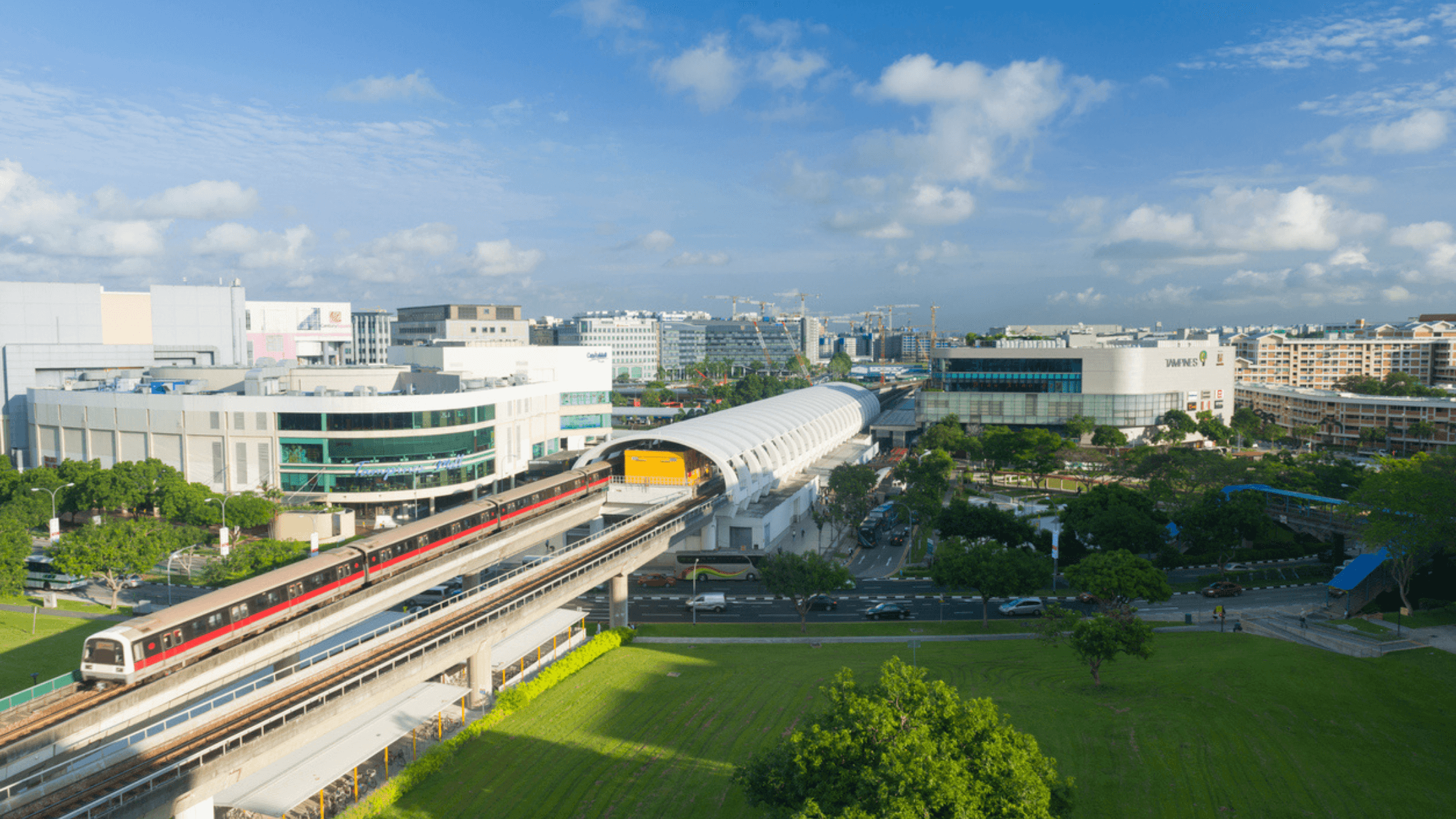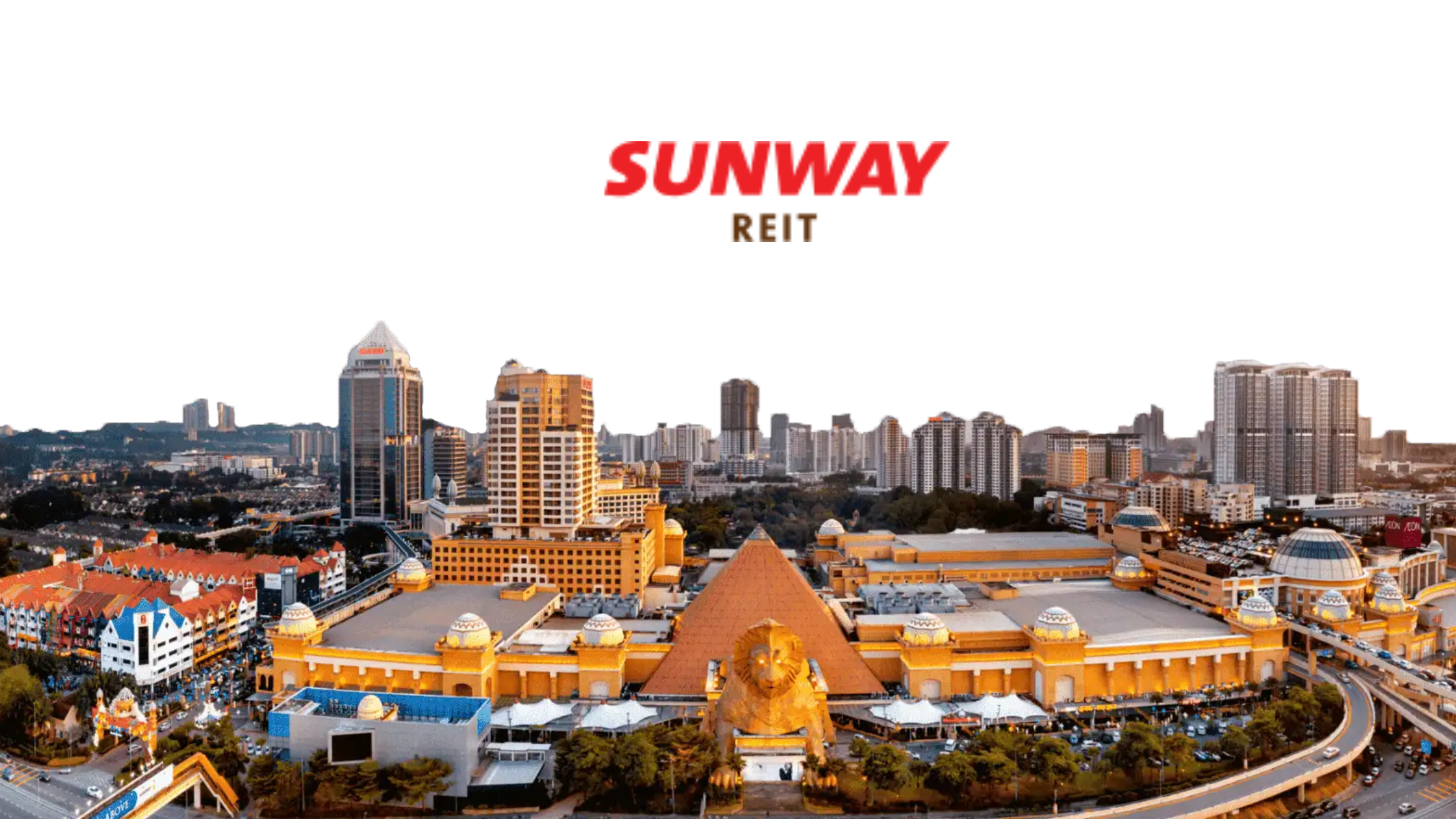What Type of Singapore REITs Should You Buy?
November 30, 2020

Real estate investment trusts (REITs) in Singapore are a great way for investors to get exposure to property while also earning a passive income.
Here in the “little red dot”, we’re fortunate enough to be in a market where lots of REITs (that operate both locally and internationally) are listed and easily accessible to investors.
REITs are well-known for paying out distributions – basically dividends – and allowing you to buy a small piece of many properties through shares (also known as “units”).
Investing in REITs makes much more sense from an income-generation perspective than buying an expensive bricks-and-mortar property.
Yet, how do you know what type of REITs to purchase? There are many types out there, including office REITs, retail REITs, industrial REITs, logistics REITs and healthcare REITs, to name just a few.
Singapore, as well as other regional markets like Hong Kong, have multiple REITs to choose from. Here’s what I believe investors should focus on when investing in certain REIT sectors.
Where is the future of property?
I find myself asking this key question when looking at how the REITs market plays out. As investors, we ideally want to be investing into an area that is riding on strong long-term structural tailwinds.
In the REITs world, avoiding sectors that will be disrupted is equally important. Personally, I believe commercial real estate has changed forever following the Covid-19 pandemic.
Previously, there was talk of office landlords being disrupted by the likes of shared office space provider WeWork. However, the company’s much-publicised issues highlights how much trouble WeWork was really in.
Life after Covid-19
Yet who would have guessed that it wouldn’t be a company but a global public health crisis that would disrupt the office world?
The work-from-home culture has now been embedded so deeply into global life that any return to pre-Covid-19 days of going into the office for a “9 to 5” day seems almost quaint.
That’s not to say that people won’t return (they will) but I believe it won’t be in the numbers/frequency before the pandemic.
That is going to threaten the existing revenue models and income of REIT landlords that specialise in commercial space, such as CapitaCommercial Trust (SGX: C61U), Suntec REIT (SGX: T82U) and Keppel REIT (SGX: K71U).
Why pay sizeable overheads in rent when your workforce can reliably work from home? In any case, office life won’t completely end but it will certainly be diminished. That’s bad news for office REITs in general.
Shopping and social distancing
Could the same be said of shopping? In some senses, yes. Likely retail will not bounce back to previous levels until a vaccine for Covid-19 is found.
However, unlike offices, retail can offer consumers the opportunity to shop for daily essentials or even to meet up and enjoy leisure time. Many things have been said about the demise of shopping malls with the rise of e-commerce and that may have an impact.
It also might depend on the market involved. In small cities or countries such as Hong Kong and Singapore, going out to shop and eat is a daily activity.
That’s why REITs like Hong Kong’s Link REIT (SEHK: 823) and Singapore’s CapitaLand Mall Trust (SGX: C38U) may be resilient even if footfall drops in the short term.
Both REITs’ focus on suburban malls and shopping experiences also stands them in good stead versus landlords that rely on luxury spending (which will likely see a big drop in the wake of Covid-19).
Yet, from a longer-term perspective, it’s worth monitoring the impact of e-commerce on REITs reliant on shopping malls. Thus far, it hasn’t severely impacted REITs in crowded, land-starved places such as Singapore and Hong Kong.
That could change, though. E-commerce in Singapore is expected to grow at a compound annual growth rate (CAGR) of 12.1% between now and 2025.
And that’s an estimate that was made before the circuit breaker and Covid-19 pandemic hit. The stunning growth of certain e-commerce platforms we’re all familiar with (see below), such as Shopee and Lazada, mean that buying specific products online will become second nature.
Singapore’s top e-commerce platforms by total web visits
| Rank | Ecommerce platform | Q1 2020 | Q2 2020 | Percentage increase (%) |
| 1 | Shopee | 5,963,300 | 10,879,900 | 82% |
| 2 | Lazada | 7,786,700 | 8,570,000 | 10% |
| 3 | Qoo10 | 6,646,700 | 7,447,400 | 12% |
| 4 | Amazon.sg | 2,833,300 | 3,653,333 | 29% |
| 5 | Ezbuy | 1,031,900 | 1,681,800 | 63% |
Source: iPrice as of July 2020
Even though people are going back out in droves to shop and eat in Singapore, some new habits are likely to stick; for example online grocery shopping via the likes of RedMart or NTUC FairPrice.
Focus on logistics and data centres
However, investors who want to ride long-term themes in the REIT space should focus on areas that will be operating no matter what.
During Covid-19, we’ve found out who these REITs are. They’re the logistics REITs that specialise in warehousing for e-commerce firms, among others, and data centre REITs that rent out space to data centre providers given increased usage of online services.
The amount of space needed for both warehousing and data centres will only grow over the longer term. Some of the best names to play these themes exist in Singapore.
Specifically, there are three; Mapletree Logistics Trust (SGX: M44U), which has logistics properties all over Asia, Mapletree Industrial Trust (SGX: ME8U), an industrial REIT that also has a big presence in North American data centres, and Keppel DC REIT (SGX: AJBU), which is the only pure-play data centre REIT in Asia.
What these all have in common are growing distributions (dividends), amazingly even in the first quarter of 2020.
Dividends for the future
As long-term income investors, we should be focusing on the REITs that have sustainable and growing income streams.
For me, in a post-pandemic world, this means in the fast-growing and exciting space of logistics and data centres.
The office, as we know it, has been changed forever while retail REITs could see challenges in the future on the back of significant growth in e-commerce. This is definitely a trend long-term dividend investors, and lovers of REITs, need to monitor closely.

Tim Phillips
Tim, based in Singapore but from Hong Kong, caught the investing bug as a teenager and is a passionate advocate of responsible long-term investing as a great way to build wealth.
He has worked in various content roles at Schroders and the Motley Fool, with a focus on Asian stocks, but believes in buying great businesses – wherever they may be. He is also a certified SGX Academy Trainer.
In his spare time, Tim enjoys running after his two young sons, playing football and practicing yoga.







